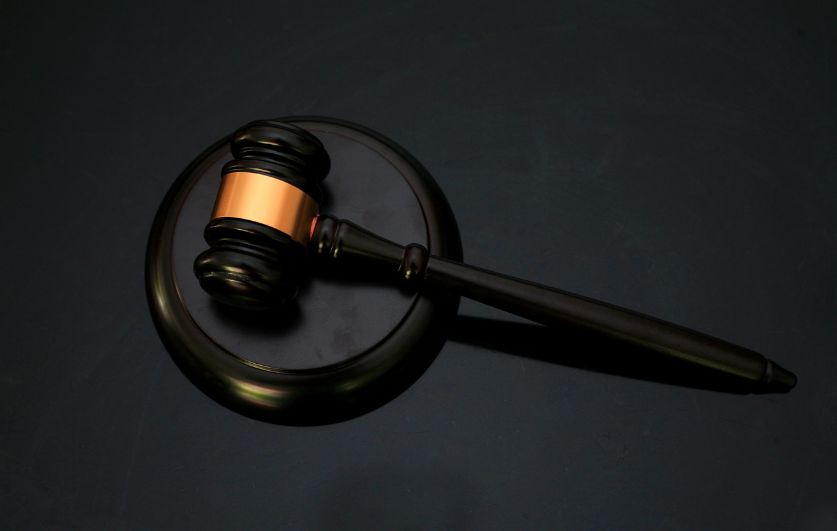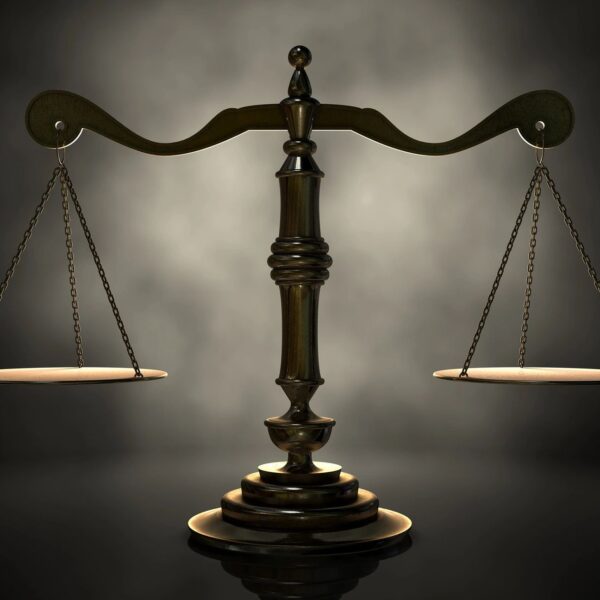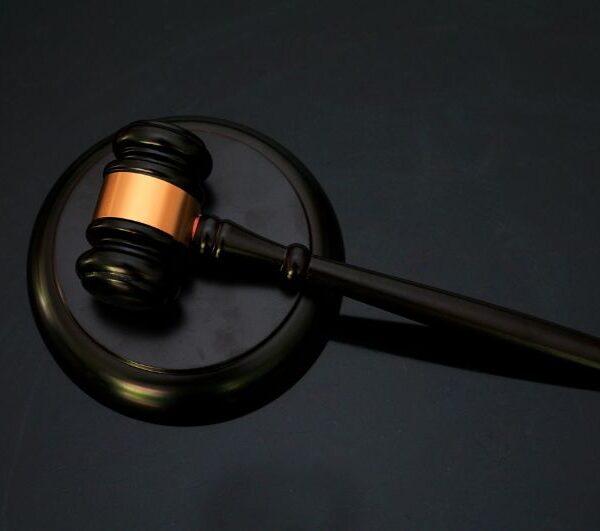
|
Getting your Trinity Audio player ready...
|
By Alric Lindsay
Counsel from the Office of the Director of Public Prosecutions noted in the Grand Court today, November 29, 2024, that the DPP had to drop a charge against Justin Gregory for alleged grievous bodily harm with intent as there was no evidence to offer against him. Gregory is now expected to be released.
DPP’s reason for dropping charges
According to DPP counsel, a charging decision was made at stage one. Reportedly, at stage two, two individuals who were allegedly present at the scene and who allegedly identified Gregory as the assailant“ refused to provide witness statements.” As a result, there is no realistic prospect of securing a conviction against Gregory.
In the circumstances, Justice Richards entered a verdict of “not guilty.”
Gregory to be released
Regarding Gregory’s release, it was explained in the Grand Court that the parole board was waiting on an official confirmation from the Grand Court that the DPP had no evidence to offer. It is understood that Gregory will now be released after this formality is completed.
Note to readers
The above case illustrates the importance of having sufficient evidence to proceed against any person. Failure to have evidence in place could waste time and money on a prosecution. It also impacts the defendant’s life and reputation when he is accused, and it is later stated that there is no evidence to offer against him.
Grievous bodily harm is covered under the Penal Code. The relevant sections are below.
Wounding or causing grievous bodily harm
203. A person who, unlawfully and maliciously, by any means, wounds or causes grievous bodily harm to a person with intent to do grievous bodily harm to any person or with intent to resist or prevent the lawful apprehension or detainer of any person, commits an offence and is liable on conviction to imprisonment for life.
Wounding or causing grievous bodily harm
204. A person who unlawfully and maliciously wounds or inflicts any grievous bodily harm upon any other person, either with or without any weapon or instrument, commits an offence and is liable on conviction to imprisonment for seven years.





